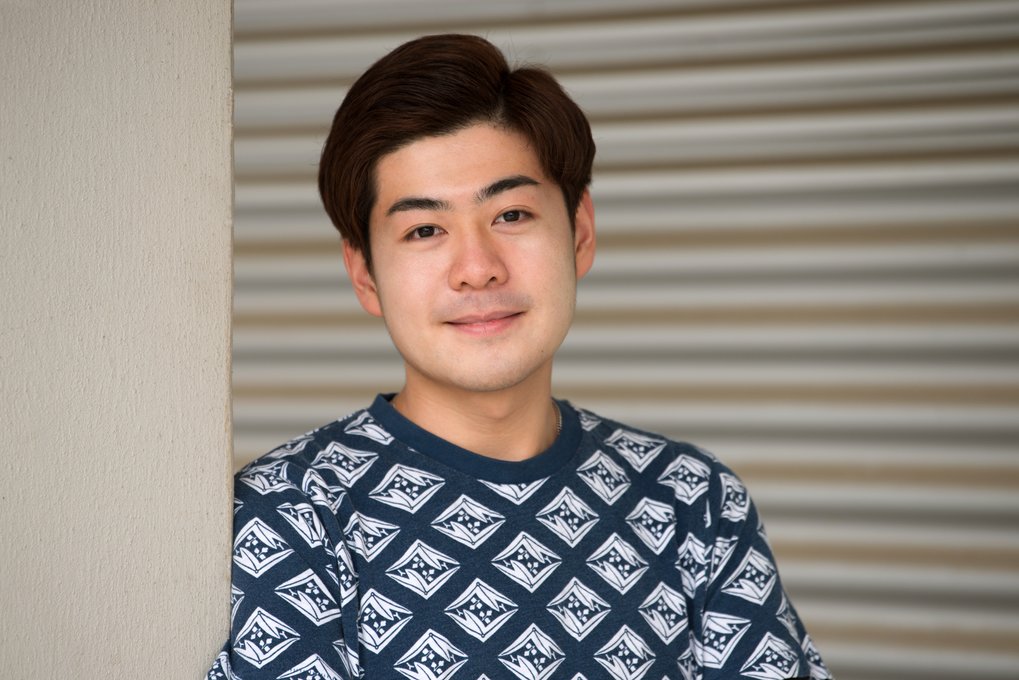Chun So from the Max Planck Institute for Biophysical Chemistry is this year’s recipient of the Otto Hahn Award
Chun So studied cell and molecular biology at the Chinese University in Hong Kong and was honored with a total of 15 awards and scholarships during his studies, which he completed in 2016. For his doctorate, which he obtained in 2019 in Melina Schuh’s meiosis department at the Max Planck Institute for Biophysical Chemistry, he received a scholarship from the Croucher Foundation. Since then he has continued his research activies as a Croucher scholar with Melina Schuh and Ufuk Günesdogan at Göttingen University. The Otto Hahn Award enables him to establish his own research group at a Max Planck Institute of his choice after a stay abroad.

How do you feel about receiving the Otto-Hahn-Award?
The Otto-Hahn-Award is really unexpected to me, and I am really grateful for the recognition of our work on female meiosis. After I received my PhD last year, many friends suggested me to consider exploring other biological processes during my postdoc. But with this award, now I am even more determined to continue my work on egg cells. And as a junior scientist wanting to stay in academia, I used to feel uncertain about when and where to start up my independent group. With the exceptional opportunity provided by the Otto-Hahn-Award, I can now plan for a long-term research career in Germany.
What drives you doing your research?
My research focuses on how egg cells segregate half of their chromosomes during maturation. I still clearly remember the first time I saw their chromosome segregation machinery under the microscope – it is as large as a normal body cell and it looks very different from their mitotic counterpart that we normally come across in the textbook. Therefore, I soon decided to delicate my research career to understanding how egg cells build this stunning machinery during meiosis, which is still poorly understood when compared to their mitotic counterpart. Besides, my research will provide new insights into chromosome missegregation in egg cells, which primarily contributes to miscarriages and genetic disorders such as Down syndrome. In future, I hope my research could be translated in the IVF clinics to help women with infertility issues.
What was the major challenge during your research?
Observation of the liquid-like spindle domain (LISD) was unexpected when I tried to create a live-cell reporter for kinetochore fibres for another project. As I was funded by the strictly 3-year Croucher Scholarship for Doctoral Study at that time, I had to make a tough decision on which project to go for. In the end, I decided to give up my original PhD project. But fortunately, my decision was supported by my supervisor, thesis committee members and the Croucher Foundation, and this led to my later discovery of the LISD.
What is special about doing your research as Max-Planck?
During my bachelor study, I worked in different institutes in Hong Kong, Mainland China, Singapore, UK and Taiwan. What I find special about my research under the Max Planck Society is the accessibility of experts in other fields at different Max Planck Institutes. For instance, my work benefited a lot from the discussion on liquid-liquid phase separation with the Hyman lab at the MPI-CBG and the collaboration on volume electron microscopy with the Möbius lab at the MPI-EM.
What’s next?
After my dissertation, I started to collaborate with local and foreign IVF clinics and look at the chromosome segregation machinery in human egg cells. More recently, I will receive also the Max Planck Croucher Postdoctoral Fellowship and intend to develop new models for studying earlier stages of egg cell development.








